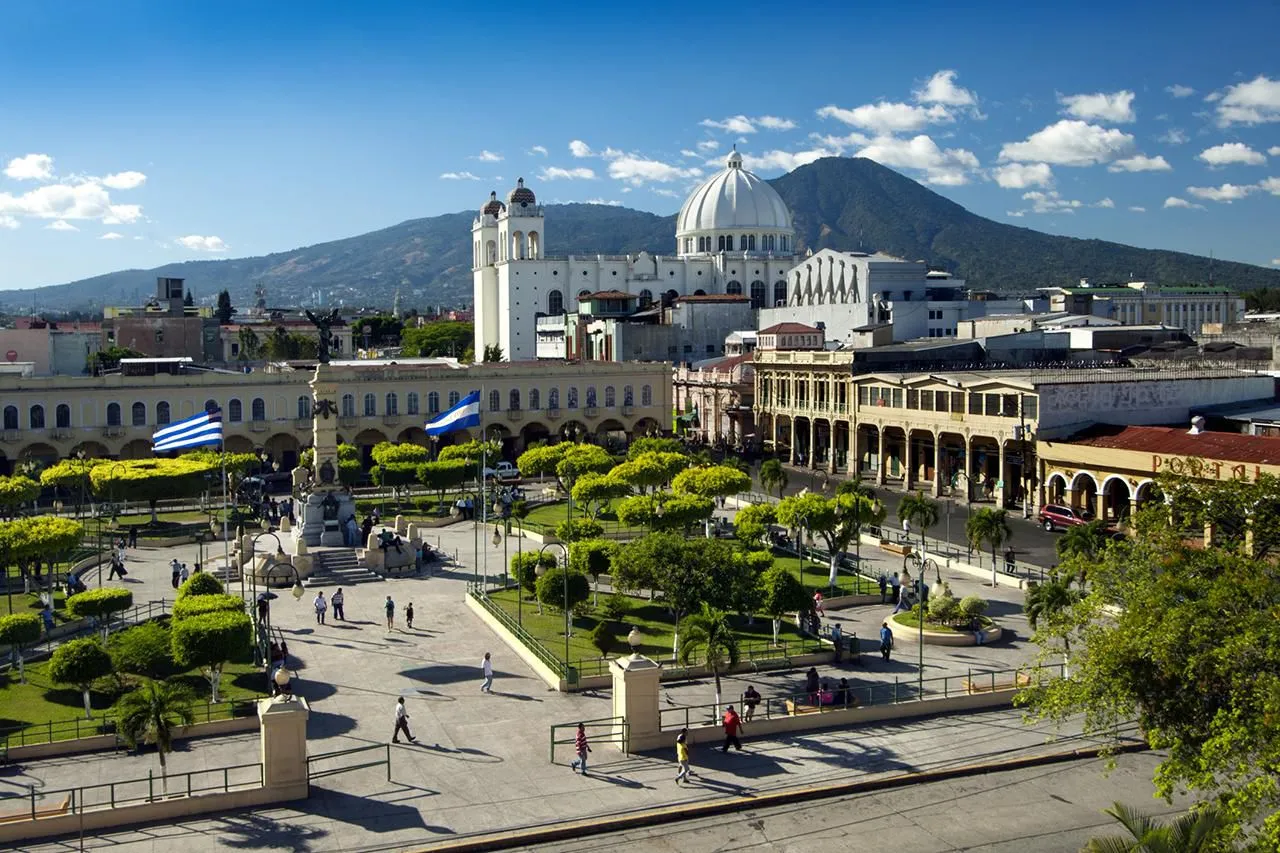El Salvador is one of the leading crypto countries. Under President Bukele, the nation took a number of strides forward regarding its adoption of Bitcoin and cryptocurrency in general.
This, unfortunately, put it at odds with global organizations such as the IMF and World Bank. In spite of this, Bukele keeps forging ahead, pushing an agenda regarding crypto that he thinks is favorable to his nation.
Over the last few months, El Salvador has entered alliances with Pakistan and Bolivia in an effort to support crypto adoption. I would expect more to join as they seek to strengthen their position against some of the larger players.
The moves of El Salvador are mirroring the push by some countries. Under the present administration, the United States is moving ahead with crypto. The goal is to make the US the crypto leader.
While El Salvador has a different goal in mind, it is still forging ahead, implemented policies that can help the country benefit from and leverage the value of the new technologies.

El Salvador Opens Bitcoin Investment Banking
El Salvador made headlines when it adopted Bitcoin as legal tender. This means that businesses were to accept it as payment.
There were a number of flaws in this plan, some technical, others political. It was something that was dropped last year in an agreement with the IMF. Ironically, the move was mostly a failure as adoption did not occur, meaning the reversion was not impactful.
Another part of the deal was that El Salvador would stop buying Bitcoin. There is great debate whether Bukele actually adhered to this rule. At present, the nation is holding 6,262 BTC, worth over $700 million.
This is a significant holding for an economy of around $35 billion.
The next innovation were Bitcoin bonds, designed to tap into the massive hydro-energy pockets due to the country's vast volcano networks. These were met with mixed results, as the sale did not meet expectations.
One thing to point out about that is the fact that the timing might be a major factor. Over the last couple years, crypto related financial products exploded. Earlier in the decade, they were met with skepticism.
Crypto Banks
The country is now entering the realm of opening up the banking system to cryptocurrency. It is a move that is designed to take advantage of capital flow, hoping to foster direct investment.
Juan Carlos Reyes, president of the National Digital Assets Commission (CNAD), summarized the spirit of this reform: “The new law allows private investment banks to operate in legal and foreign currencies for “sophisticated investors,” and to engage in digital assets like Bitcoin with a PSAD license”.
The PSAD license opens the door to 100% Bitcoin banking operations. The official goal is clear: attract foreign capital and make the country a crypto-friendly financial hub. But some observers note that this orientation primarily favors large institutions, not the population.
Of course, we see this around the world. These laws favored the wealthy financial community leaving the bulk of the population behind. It is something that the decentralized world has to keep fighting to combat.
That said, this does ultimately help the people of El Salvador. As we saw in the US, when the institutions get involved wealth is generated. While it is true that these entities are the first to benefit, anyone holding the coins or tokens sees appreciation.
Therefore, the people of El Salvador, who enter the crypto market and accumulate some holdings, will find themselves benefiting over time.
Will El Salvador eventually push this down the commercial bank level? The United States appears to be starting the process so it is not without merit. My estimation is the country will eventually move in this direction.
The tentacles of the industry are expanding on a global scale. Crypto is certainly changing before our eyes.